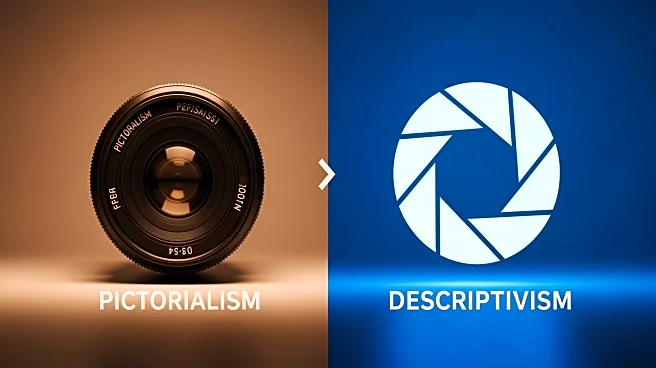What's Happening?
The Department of Justice (DOJ) is under scrutiny following allegations against Tom Homan, a former White House border czar, who reportedly accepted $50,000 in cash from undercover FBI agents posing as business executives. The money was allegedly in exchange for promises to secure government contracts if President Trump was reelected. The DOJ and FBI initially opened an investigation into these claims but later dropped it, prompting questions from Capitol Hill about the decision to halt the probe. The DOJ's Office of Inspector General (OIG), which is typically responsible for investigating misconduct within the agency, may be legally barred from reviewing this case due to a carve-out in the Inspector General Act. This carve-out prevents the OIG from investigating DOJ attorneys or personnel when allegations involve their official duties, leaving such cases to the DOJ's Office of Professional Responsibility (OPR).
Why It's Important?
The situation raises significant concerns about the independence and transparency of internal investigations within the DOJ. The OPR, which would handle the Homan case, reports directly to the Attorney General and lacks the independence that the OIG possesses. This structure could undermine public confidence in the DOJ's ability to impartially investigate its own officials, especially in high-stakes cases involving potential corruption. The ongoing debate over the carve-out in the Inspector General Act highlights the need for reform to ensure that sensitive cases are handled with the necessary independence to maintain public trust. Without such reforms, there is a risk that the DOJ will continue to investigate itself in its most critical cases, leaving the public questioning the integrity of the outcomes.
What's Next?
Calls for reform are likely to intensify as the Homan case exemplifies the potential pitfalls of the current oversight structure. Congress may face increased pressure to amend the Inspector General Act to close the carve-out, allowing the OIG to investigate all allegations of misconduct within the DOJ. Such changes would aim to enhance the transparency and credibility of investigations, ensuring that they are conducted independently of DOJ leadership. Until legislative action is taken, the DOJ's internal oversight mechanisms will remain a point of contention, with potential implications for future cases involving senior officials.
Beyond the Headlines
The Homan case underscores broader ethical and legal challenges within federal oversight mechanisms. The reliance on internal reviews by the OPR, which lacks the independence of the OIG, could lead to perceptions of bias and conflicts of interest. This situation highlights the importance of robust, independent oversight bodies in maintaining the integrity of government institutions. The case also reflects ongoing tensions between the need for accountability and the limitations imposed by existing legal frameworks, which may not adequately address contemporary challenges in governance and public administration.










